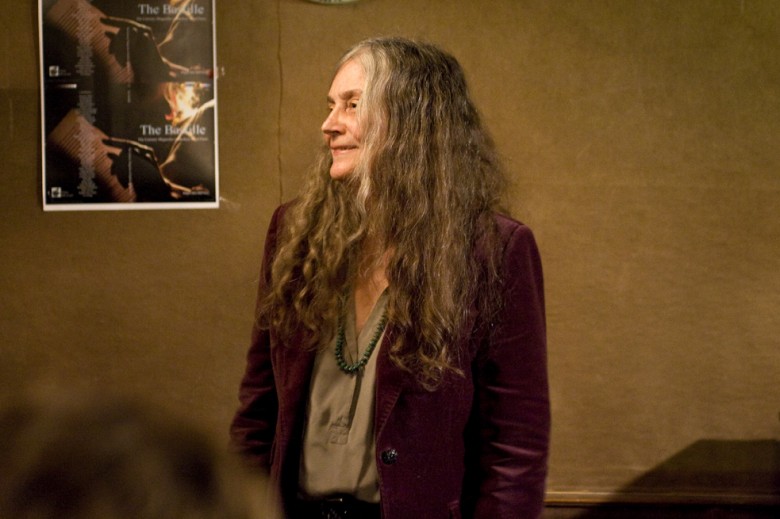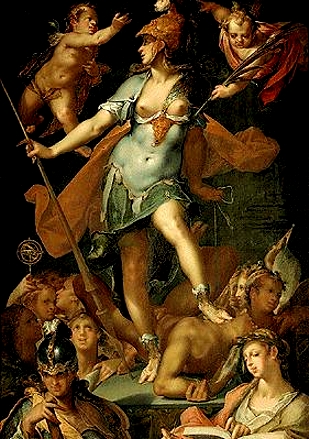March is Women’s History month. As a tribute, I would like to share one of my favorite poets of all time, Alice Notley. She may resist categorization, but she has done more for women’s poetics than possibly any other poet alive. If you don’t believe me, please read, The Descent of Alette. Who is a woman who has inspired you?
THAT I MAY LIVE
I step across and can no longer make myself understood.
Listen to Torna a Sorrento concentratedly
I don’t understand Italian I understand the song.
I’m here. You can’t return because
a former life is not available; they read dis-
sertations there now. The clean glass of sparkling
water is for my mother.
Who will I write
for, alive? Into the air of you. This sadness,
rather than gotten rid of, is become another;
a quality both thicker and lighter
You still don’t understand that you too must
change; you value phantoms: I’m talking
to you — but my phantoms are real. You all
value material comfort over knowing a thing–
who is speaking?
I have none; the counterclock stops; though
it’s late where you are.
Alice Notley is the author of over twenty-five books of poetry, including 165 Meeting House Lane (1971), Phoebe Light (1973), Incidentals in the Day World (1973), For Frank O’Hara’s Birthday (1976), Alice Ordered Me to Be Made: Poems 1975 (1976), Dr. Williams’ Heiresses (1980), How Spring Comes (1981), which received the San Francisco Poetry Award, Waltzing Matilda (1981), Margaret & Dusty (1985), From a Work in Progress (1988), Homer’s Art (1990), To Say You (1993), Selected Poems of Alice Notley (1993), The Descent of Alette (1996), among many others. Mysteries of Small Houses (1998) won the Los Angeles Times Book Prize, and her collection Disobedience (2001) was awarded the Griffin International Poetry Prize. Notley’s recent work includes From the Beginning (2004), Alma, or the Dead Women (2006), Grave of Light: New and Selected Poems 1970-2005), which received the Lenore Marshall Poetry Prize, In the Pines (2007), Culture of One (2011), and Songs and Stories of the Ghouls (2011).
originally published in Ping-Pong 2014.



